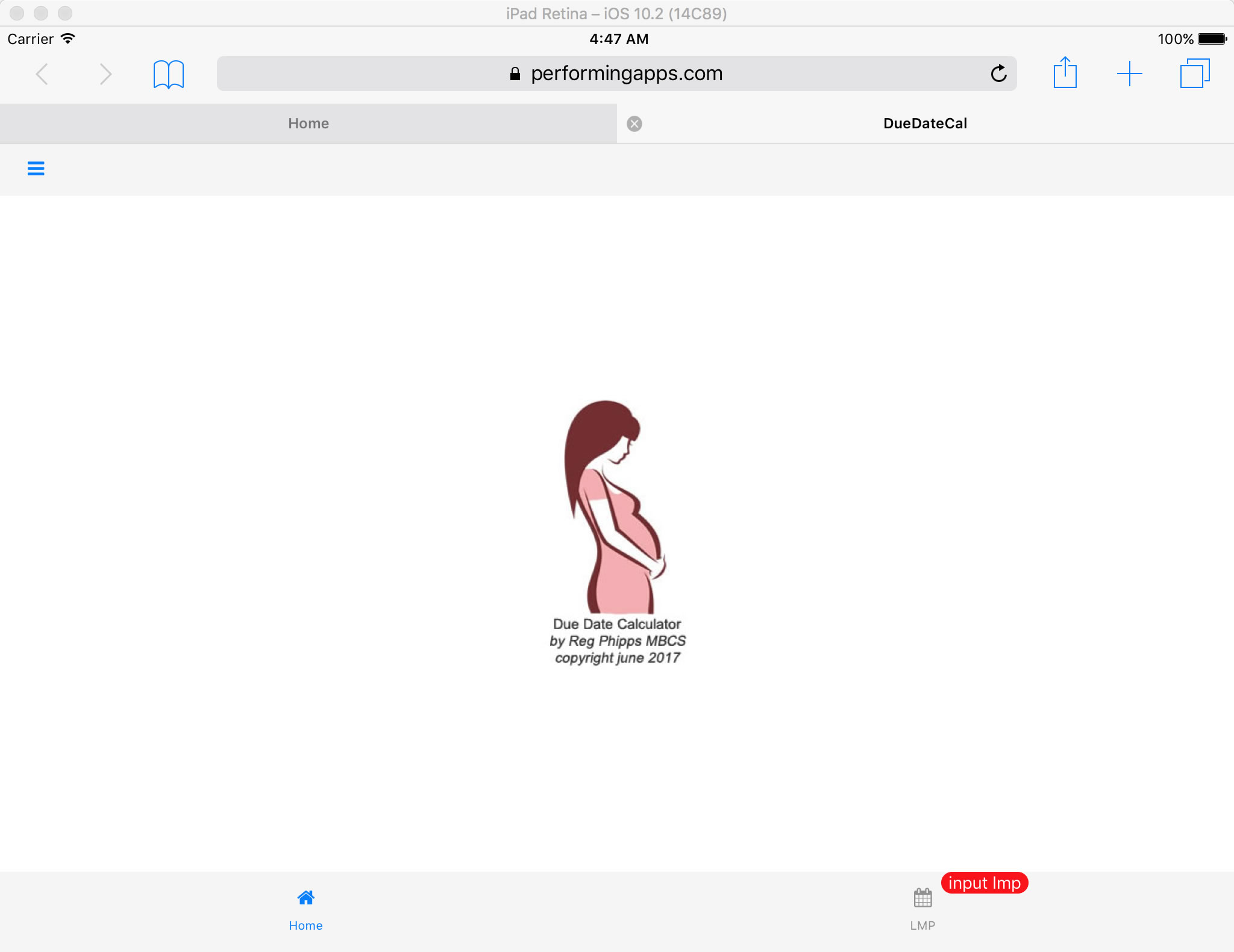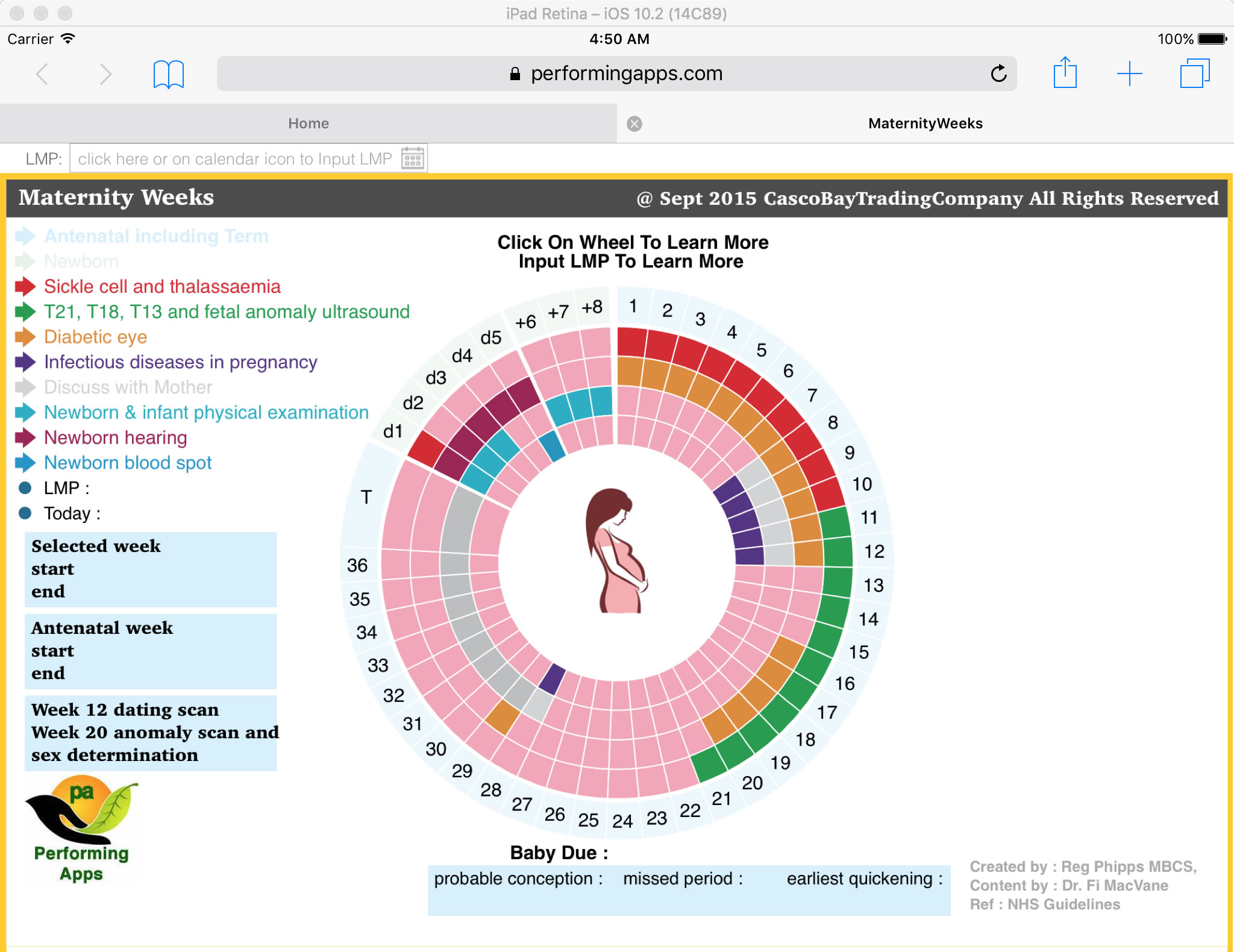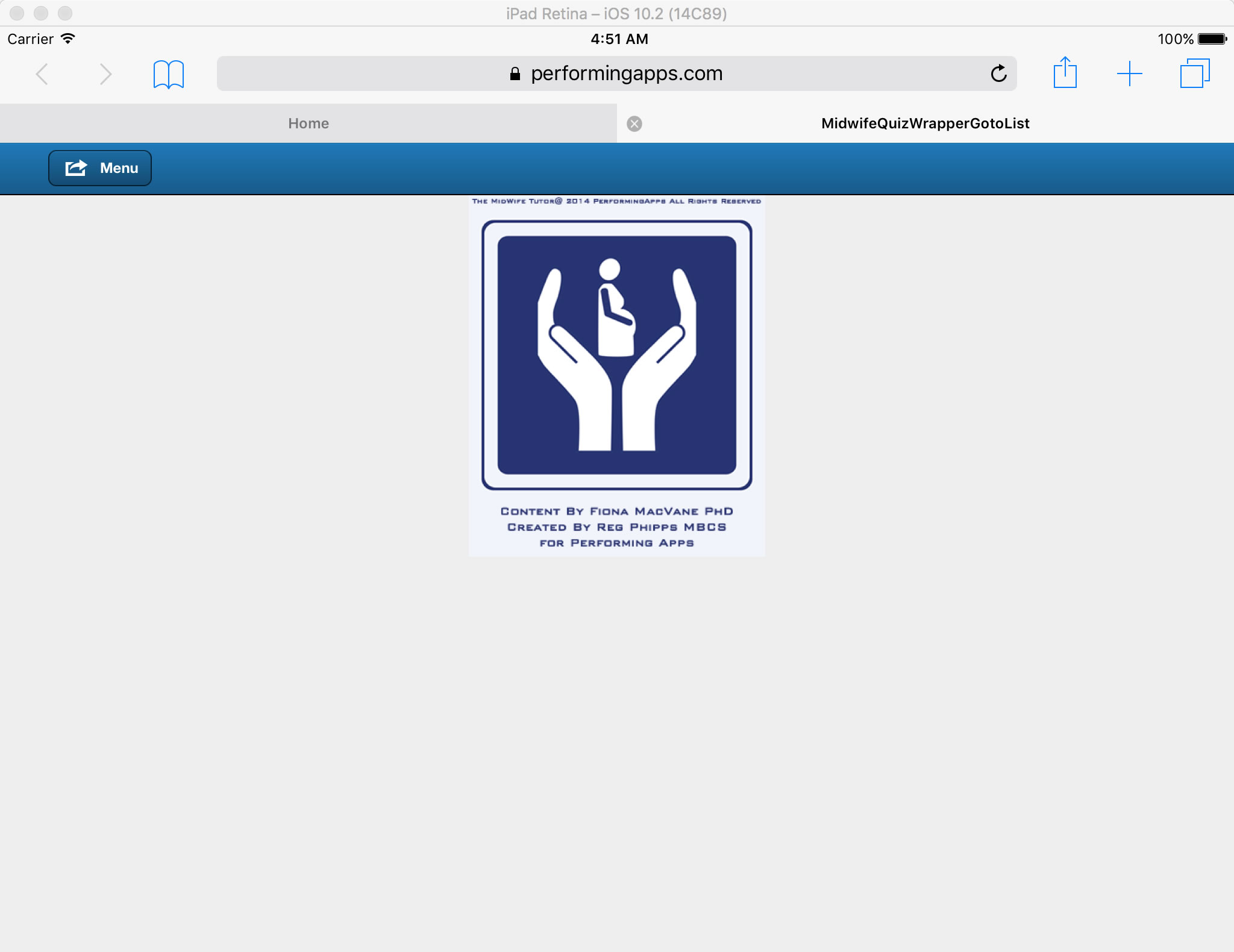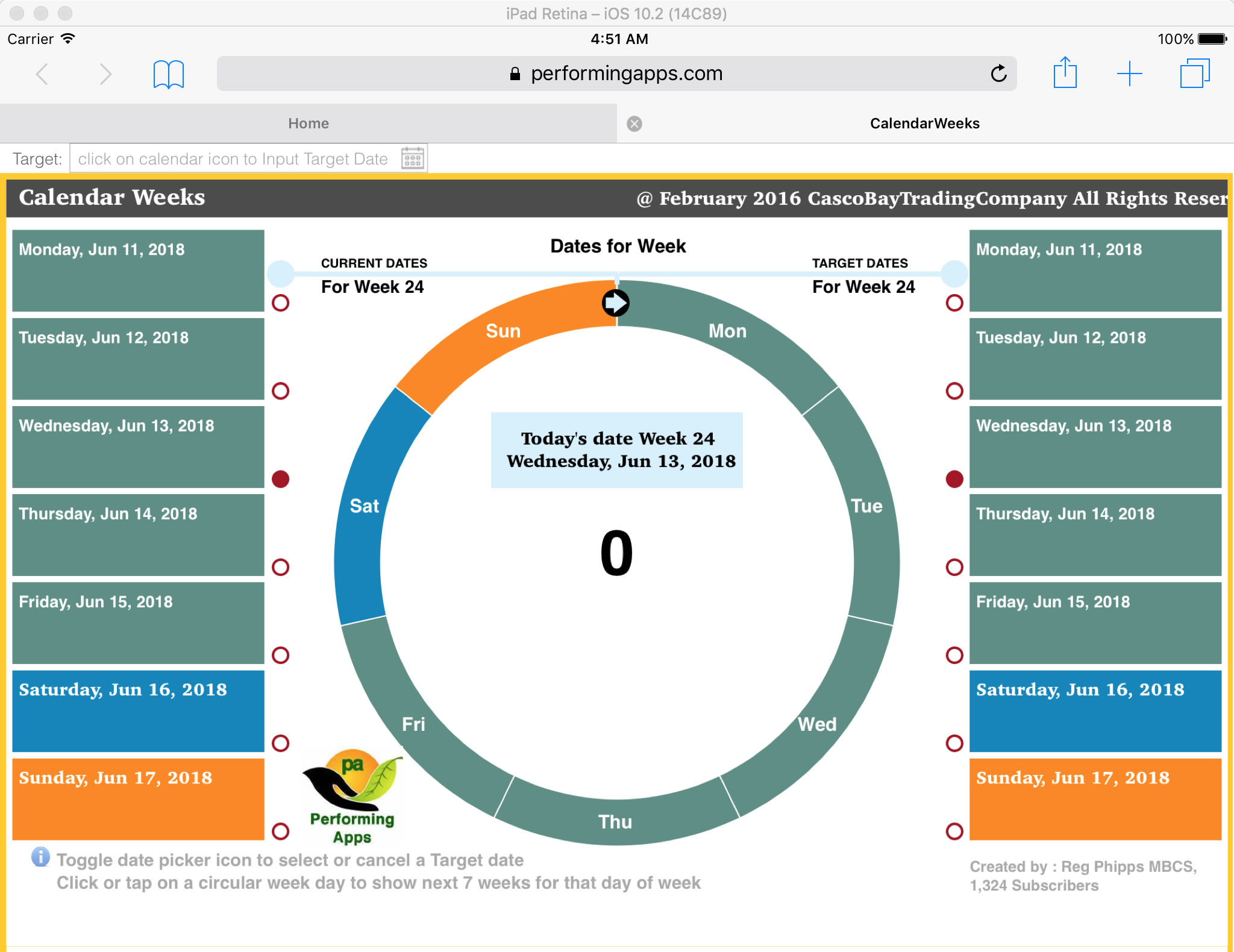Passion
Peace
Productivity
Author
Editor
Researcher
Writer
Educator
Facilitor
...and much more

Independent Consultant in:
copywriting, student-centred education and health-focused research
I provide the copy you need to get your business noticed in advertising, web content, letters ad reports. I am an expert in problem based learning (PBL), team based learning (TBL), simulation, arts based learning and other student centred teaching and learning methodologies. I will provide expert guidance on the creation of innovative, integrated, student-centred learning curricula for higher education, adult education and staff training requirements. I have successfully led a half-million GBP research project, with completion on time, in budget and with minimal participant attrition. I can advise on planning, gaining ethical approval and disseminating health-focused research as an independent consultant.


Participation, Education
Action, Comittment and Evaluation, now that's PEACE
Midwife Apps
HTML 5 web-based applications which work across all devices and operating systems developed by Reg Phipps MBCS of Phipps Consultancy. I contributed content to the midwifery applications and these provide examples of midwifery content that could be added to a client's webpage or online education module.
View And Select The App
Maternity Weeks Guidelines and Circular Weeks Calendar best used on larger screen devices
Coming Soon: Author page will contain information about and extracts from my completed and current writing projects . At present, I am seeking an agent/publisher for my novel "A Season at the Weaver's Table'. This is contemporary women's fiction set in mid-coast Maine and I am planning to continue the narrative with at least two more books, creating a trilogy. If my characters take on actions and lives of their own as they tend to do, this could develop into a series.
Current and past work experience
Clinical/Education/Research...

Senior Research Fellow (Dec.2017-Dec. 2019)
I was Principle investigator (PI) for the Baby Skin Integrity Comparison Survey (BaSICS), a midwifery-led project which recruited over 700 pregnant women across 3 NHS Trusts in the Greater Manchester Area. This study, which brought in over £500,000 of research funding, was unique in its concept as 'the mother as co-researcher'. Participants observed, collected and recorded data on their baby's skin condition at one nappy change per day from birth to eight weeks of age through the use of a bespoke electronic survey tool. Together with my Co-Investigator (Co-I), I wrote job specifications and then recruited, interviewed and appointed an excellent research team consisting of an experienced research project manager, a post-doctoral research fellow and three highly qualified data collectors with diverse backgrounds from counselling, research and midwifery. The research team had a strong team ethos which was a key factor in the success of this project. The BaSICS study was completed on time, in budget and with minimal attrition. This was the first study into infant skin care which showed that the baby wipe product selected can help to prevent or minimise nappy rash. 4 papers have been published in the Scientific/professional press.
Senior Lecturer for Midwifery Research
Between December 2015-December 2017, I was a Senior Lecturer on the Midwifery Education team of the School of Health & Society. This was a post created in recognition of the work I was already doing in my role as Associate Lecturer to stimulate research within midwifery following the resignation of the Professor of Midwifery. My responsibilities were divided evenly between teaching on undergraduate and postgraduate midwifery programs and working to stimulate midwifery research, support PhD students and colleagues considering embarking on doctoral programmes, and bidding for research funds. It was within this role that I was able to obtain funding for the Baby Skin integrity Comparison Survey (BaSICS) which in 2017 when contracts were signed, was the largest pot of research funding within the School of Health and Society, and one of the top ten within the university. I was honoured to be invited to lunch with the Vice Chancellor of the University of Salford in recognition of this achievement.
Associate Lecturer in Midwifery
Two weeks after my early retirement in 2014 I received an urgent request from the (then) Professor of Midwifery at Salford. Would I be interested in doing some part-time work over three years? One of the midwifery lecturers had just received a substantial research grant which enabled her to devote most of her work time to her PhD by buying in replacement teaching. A very experienced lecturer who could come into the team and 'hit the ground running' was required. After a discussion with the Head of Midwifery I joined the Salford team as an Associate Lecturer, a job I held for 18 months, prior to being appointed as a Senior Lecturer for midwifery research. During this period I was a member of the Year 3 team, supporting midwifery students as they completed their degree requirements and prepared for the transition to a qualified practitioner.I facilitated a PBL group, taught research skills and supervised final projects. At the same time I ran a module focused on the MBRACE report (Confidential enquiry into maternal deaths) and developed a series of online quizzes to aid student learning. These are available on the apps section of this website and can be used for free by midwives, student midwives and educators as long as I am referenced, together with Phipps Consultancy.Shortly after I came into post, the Professor of Midwifery left to take a similar role at another university. I then made it my role to try to stimulate and support research among my colleagues. I recommenced monthly research meetings with the team to enable sharing of experiences and mutual encouragement. At the same time I continued in my role of supervisor to a midwifery PhD student and joined another supervisory team to provide midwifery advice for a counselling student studying the use of a specific psychotherapy with women experiencing perinatal mental health problems. Both these students are nearing completion. I also supported a number of MSc students during their dissertation projects.

Review Editor
As Review editor for the International Journal of Clinical Governance, I have contributed to this journal for 18 years, through three name changes and three sets of editors. Originally entitled 'The British Journal of Clinical Governance' this professional journal has been at the forefront of health governance and health care quality since its inception. The current editors are working to extend the international authorship and readership of the journal and this was reflected in the special issue I Guest Edited on 'Maternity care governance in a global context' in 2018. I write quarterly reviews for the journal in which I identify themes for each issue and illustrate these with examples from the current articles and other published work.
Freelance Writing
As a freelance writer I have also produced business strategy reports, reviews and teaching case studies for various business and management journals in the Emerald suite. As I was a paid freelance writer this work is not attributed by authorship in the way a submitted article is.
One example of my writing is: Emerald (2008) The world needs women leaders: It's not the glass ceiling that prevents women from achieving senior leadership roles. Accessed 8 June 2018 from: Strategic Direction 24(3): 27-29 I wrote this article ten years ago. Its continued relevancy is confirmed by the fact that it has been downloaded 4856 times since 2013.
Another example of my writing is: Emerald (2012) Raising global awareness in early-career high-flyers. Said Business School, University of Oxford helps BAE Systems Inc develop early-career high-potential employees. Accessed 8 June 2018 from: Strategic Direction 28(11): 9-11
Finally, a topic close to my heart as a clinician, educator and researcher is ethics. I have been a member of a university ethics committee for most of my educational career. However, my interest in ethics goes far beyond data protection and respectful and empathetic engagement with research participants. I believe that ethical action should inform all aspects of our lives. I make the case that ethical and sustainable business practices benefit both suppliers and customers in a review I wrote in 2010. I would argue that subsequent revelations about business practices which have filled the national and international media over the past few years have only increased the relevance of this article for today's reader. This is confirmed by the fact that this article has been downloaded 5125 times since 2013.
Emerald (2010) Ethics and sustainability in today's business environments: Creating new ways of doing business and education business leaders. Accessed 8 June 2018 from: Strategic Direction 26(3): 12-15
I welcome opportunities to continue providing high level reports, reviews, case-studies, articles and advertising copy that will get noticed! As part of my consultancy services I can deliver a single be-spoke piece of work or enter into contractual arrangements to supply regular top-quality copy to meet the needs of business, health and education organisations.
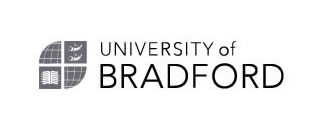
Lecturer in Midwifery and Reproductive Health
During my 18 years as a lecturer I gained expertise in problem based learning and chaired a curriculum development group designing and implementing the first total PBL curriculum in Bradford. Three of my publications reflect this developing expertise (Haith-Cooper, MacVane Phipps, Ball and Pansini-Murrell 1999; MacVane Phipps 2010; MacVane Phipps, Whitney, Meddings and Evans 2014). I later shared this knowledge as one of two Interprofessional Education (IPE) leads for midwifery, convincing colleagues from other disciplines that this was the ideal vehicle for delivering our new IPE programme. After one training day based on an experiential learning model where participants engaged in PBL, they came away knowing everything about llamas and convinced that PBL was far more effective than didactic lecture-based learning methods. I also used Art extensively as a method of learning and supervised a colleague's MSc Midwifery thesis on using art as a method of reflection in midwifery education (Whitney 2010). While at Bradford, I gained a teaching qualification, Fellowship of the HEA and a PhD by research (MacVane 2010). I gained experience of research ethics through long-standing membership of the university's research ethics committee and was also a member of the curriculum accreditation and review team (CART), reviewing and approving new and updated modules and entire programmes. I led a small midwifery project exploring women's experience of VBAC which is still being referenced today (Meddings, MacVane Phipps, Haith-Cooper and Haigh 2007) and assisted with the evaluation of an early experiment in midwifery triage. I assisted a foreign PhD student in the consideration of the ethics of gaining consent where written consent is problematic and co-authored an article on this topic which continues to inform this topic today (Rashad, MacVane Phipps and Haith-Cooper 2004). I presented papers at a number of international conferences in countries including Vietnam, Nepal, Austria, Belgium, Poland, Sweden, the USA and Canada.

Staff Midwife/Midwifery Sister
My first job post midwifery qualification was spent in a research post . Following that I worked as a Team Midwife with a special interest in labour care. The hospital in which I worked was very progressive in that it was one of the first to adopt a midwifery-led model, with midwifery guidelines based on evidence, not obstetric tradition. This was around the time that Changing Childbirth was published, heralding great excitement among midwives. Later I worked as a Community Midwifery Sister on a team with a number of home births and provision for community midwives to accompany their clients into hospitals to care for them if time and workload permitted. This experience extended my belief in women's ability to make their own choices about where and how to give birth and taught me valuable facilitation skills which I have used throughout my career. My interest in the politics of health care developed further through my work as a RCM steward where I supported several colleagues suffering from work-related stress and burnout. During my time as a clinician, I had the opportunity to study for a Masters in Medical Science (M.Med.Sci.) at the University of Sheffield. This later paved the way for my transfer into the educational side of midwifery, although throughout my years in Bradford, I maintained a close association with clinical colleagues, supporting students during labour ward placements and at times doing clinical shifts under an honorary contract.
Other Information
Not all but here are a few...
TEACHING
Areas in which I have teaching interests and expertise include: Research methods and philosophies, The midwife & society, The psychology of pregnancy & birth, Supporting physiological birth, Neonatal adaptation to extrauterine life, Simulation of clinical skills, Using art to explore issues around life's beginning and end. I promote learning through innovative and creative methods such as Problem-based learning (PBL), Team-Based learning (TBL) and experiential learning including simulation and have delivered inter-professional workshops to other teaching professionals on these methods.
RESEARCH
Details of my current research into neonatal skin integrity are included in my biography (above).My interest in this project encompasses the research itself, but more importantly, the management of the research project. Costing a major project, recruiting a research team and liaising with clinicians and research staff has all been a welcome opportunity for further development of leadership and management skills. My other research projects have included the student experience of PBL, Women's experience of VBAC and A community art project engaging hard-to-reach women in dialogues about health.
PUBLICATIONS
MacVane Phipps F, Price AD, Ackers-Johnson J, Cook PA, Lythgoe J (2021) Part 1: A qualitative description of participation in an eight week infant skin integrity study. . British Journal of Midwifery 29 (4): 200-207
MacVane Phipps F, Price AD, Ackers-Johnson J, Cook PA, Lythgoe J (2021) Part 2: A qualitative description of participation in an eight week infant skin integrity study. . British Journal of Midwifery 29 (5): 260-266
Price AD, Lythgoe J, Ackers-Johnson J, Cook PA, Clarke-Cornwell A, MacVane Phipps F (2020) The BaSICS (Baby Skin Integrity Comparison Survey) Study: a prospective experimental study using maternal observation to report the effect of baby wipes on the incidence of irritant diaper dermatitis from birth to eight weeks of age. Pediatrics & Neonatology https://doi.org10.1016/j.pedneo.2020.10.003
MacVane Phipps F (2018) Good maternity care governance is a global issue (Editorial) IJHG 23(1): 2-3
MacVane Phipps F (2018) Health Policy: What/When/How? IJHG 23 (2):
Malik Y, Rowland A, Gerry F, MacVane Phipps F (2018) Mandatory reporting of female genital mutilation in children in the UK BJM 26(6):
MacVane Phipps F (2017) The preeminence of patient safety in health care governance IJHG 22(1): 61-66
MacVane Phipps F (2017) Illuminating dark corners: using research to facilitate sustainable health care. IJHG 22 (2): 121-124
MacVane Phipps F (2017) Birth Rites and the Health and Social Care Professions IN: Ashton J. Feminism and Museums
MacVane Phipps F (2016) Global healthcare for the 21st century and beyond (2016) IJHG 21.4
MacVane Phipps FE, Whitney E, Meddings F & Evans M (2014) Embedding the 6 Cs: Problem based Learning the Bradford Way BJM 23 (5): 330-335
MacVane Phipps F (2013) In Deep: Is midwifery knowledge a relevant construct in contemporary practice? A report on an international Delphi survey Essentially MIDIRS 4(3) : 32-38
MacVane F (2013) Witches or wise women MIDIRS> 23(2): 171-177
MacVane F (2013) The PhD process: perils and pleasures. MIDIRS 23(4): 421-425
MacVane Phipps F (2010) PBL and EBP: A natural alliance? in: H.Spiby and J. Munro (eds.) Evidence Based Midwifery Chichester: Blackwell Science
Meddings F, MacVane Phipps F, Haith-Cooper M, Haigh J. (2007) Vaginal Birth After Caesarean (VBAC) Exploring Women’s Perceptions Journal of Clinical Nursing 16 160-167
PGR
I have been involved with teaching both undergraduate and post graduate research courses and supervising PGR students for many years. For the past 4 years I have supported a number of PhD students and currently am on five PhD supervision teams. I am particularly interested in supervising students who themselves are midwives or those who are researching maternity care topics. My current students are researching topics from using psychotherapy techniques to support women experiencing perinatal mental health issues; normalising breastfeeding in Saudi Arabia through antenatal education; Exploring women's health beliefs and choices during pregnancy in rural Nigeria,; Midwives' women's and obstetricians' beliefs about the use of movement during labour; and Public health issues relating to maternity care in Ghana . I have a strong belief in the importance of including a midwife on the supervision team of any student researching topics relating to maternity care as the 'insider' knowledge is invaluable at all stages of their doctoral studies. Although I am now retired and no longer on the NMC register, I can provide consultation at all stages of the doctoral process as an independent expert.
REGISTRATION
I recently completed my NMC Revalidation portfolio. Testimonials from people I have worked with and students I have taught or supervised include the following:
Testimonials
"Dr MacVane Phipps has extensive knowledge of midwifery issues and how these relate to practice."i
(Consultant Obstetrician)
Testimonials
"I’ve been very impressed by her range and depth of knowledge, academic rigor, combined with a practical perspective, professional conduct and clarity of expression. She is an instrumental part of our ability to deliver on the publisher’s mandate of providing research our readers can use."
(Professor of Epidemiology/ Medical Journal Editor)
Testimonials
"The experience of having Fiona as my supervisor has been invaluable for me. She has brought a different dimension into my research and has helped me to expand my thought processes and understanding of my subject area. She has brought a depth and breadth to my research that I do not think would have happened without her being part of my team, allowing for my ideas to flourish and bringing an environment of rigour and challenge"
(PhD student)
PhD
FHEA
PGCE (HE)
M.Med.Sci
RM
...and much more
